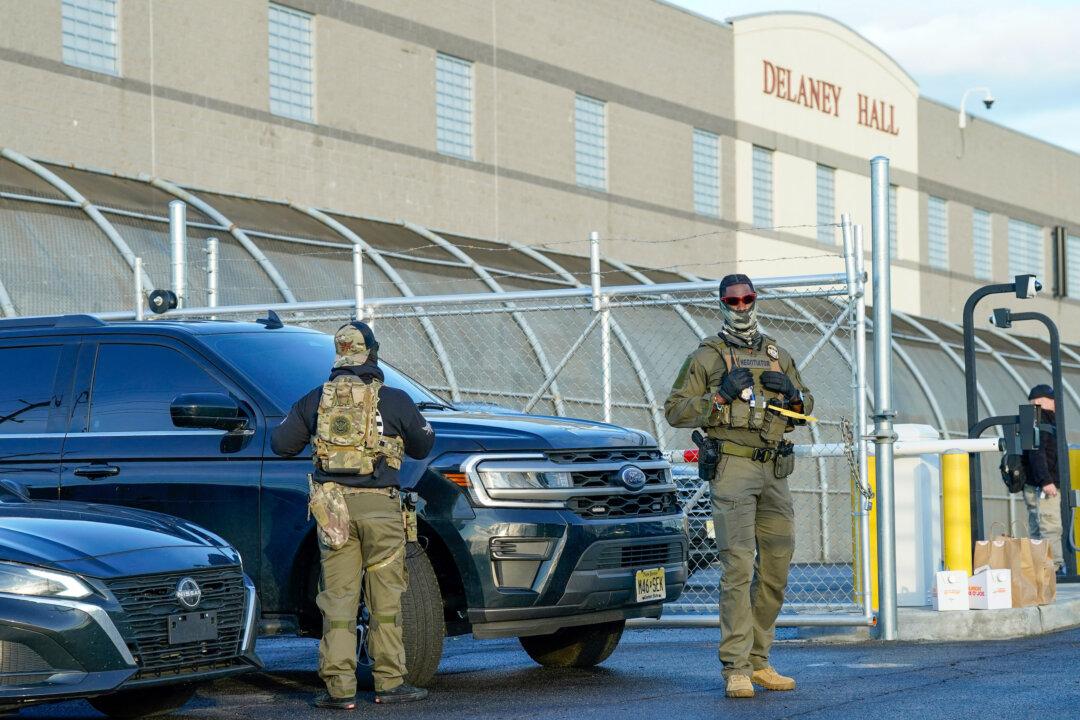Answering Democrat critics who want to legislatively impose a code of conduct on the Supreme Court, Justice Samuel Alito said Congress has no constitutional authority to regulate the court.
“Congress did not create the Supreme Court”—the Constitution did, Justice Alito told The Wall Street Journal in an interview published on July 28.





